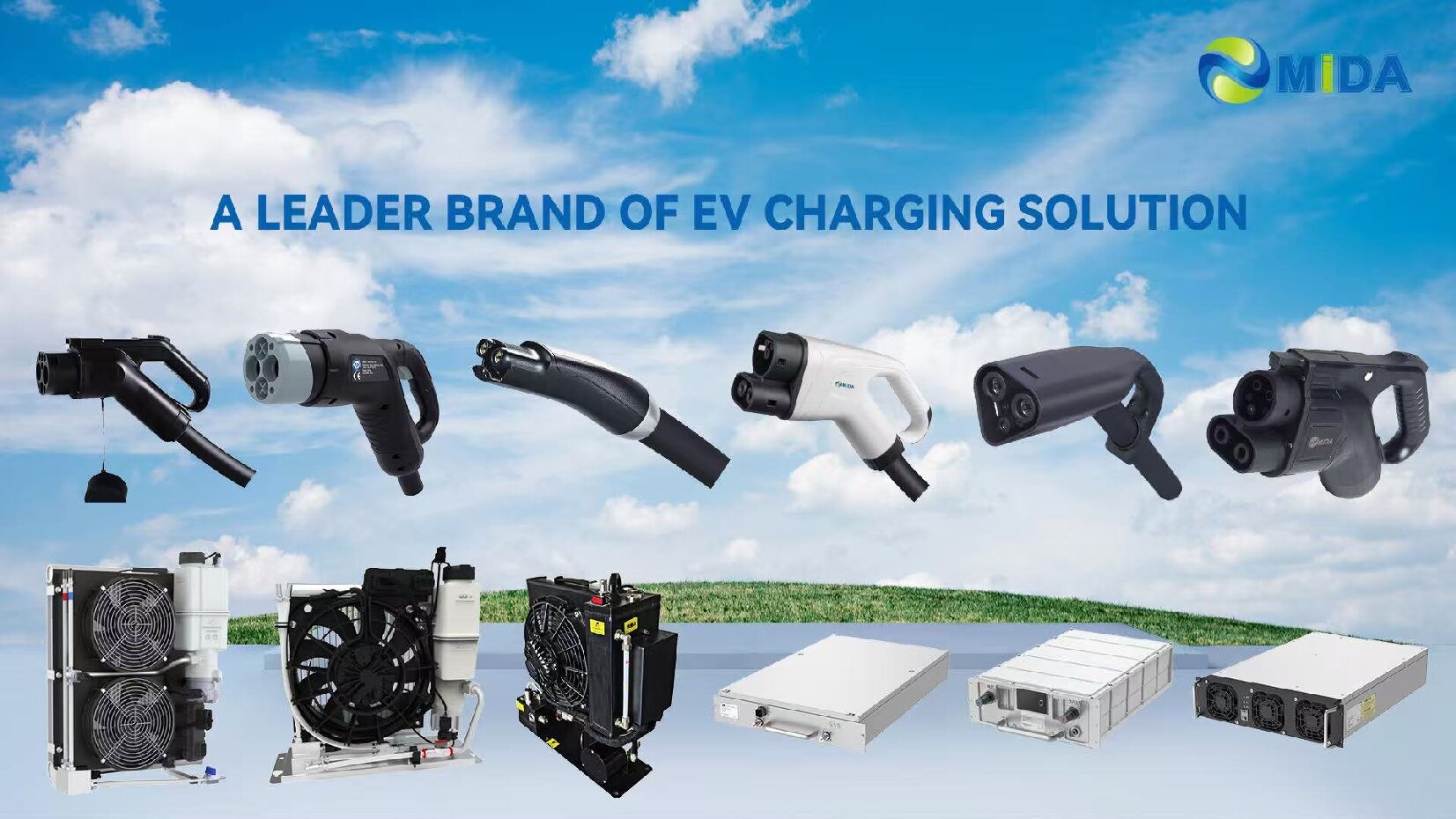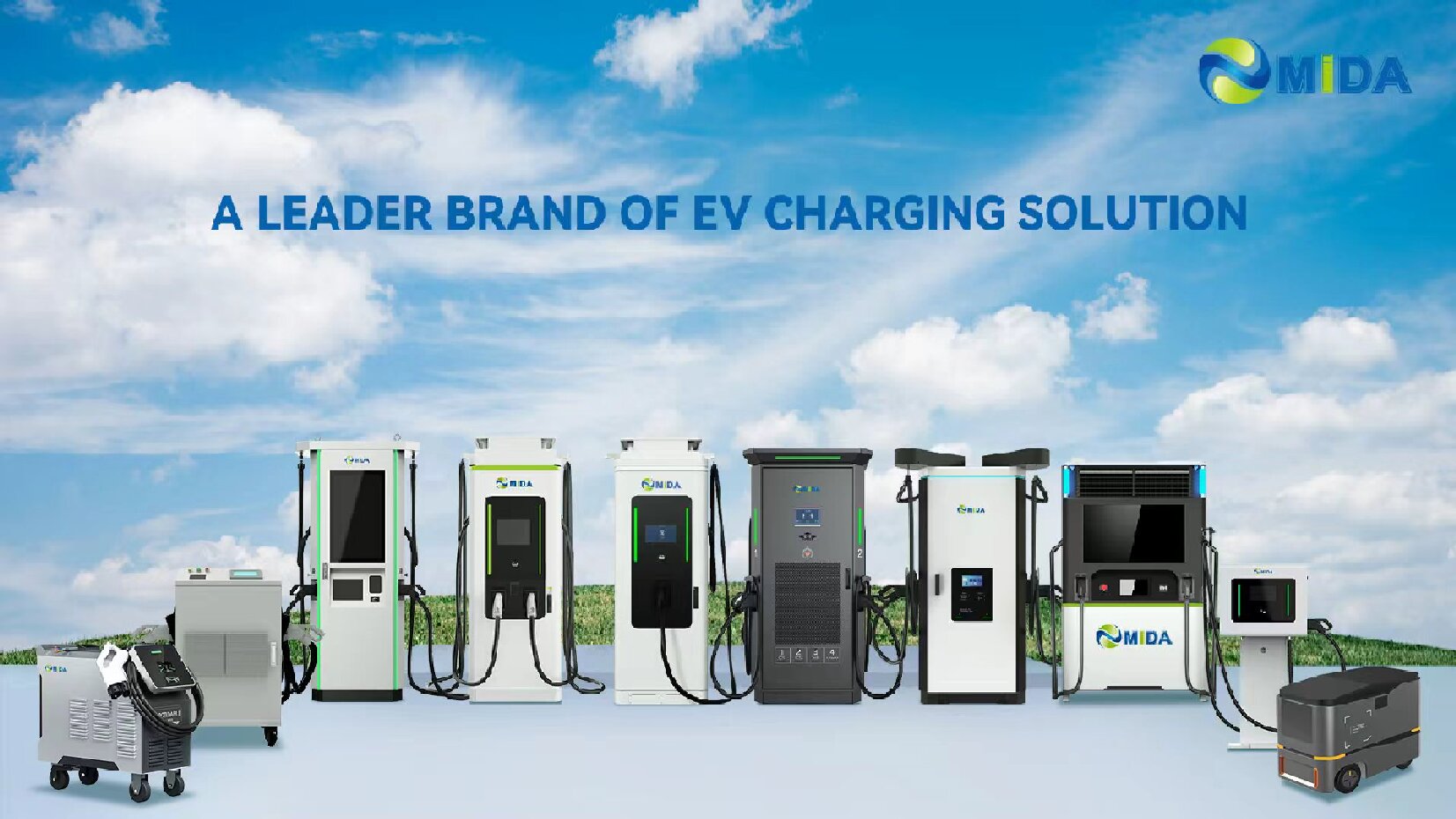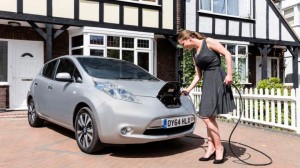The motoring world is undergoing a step-change at the moment. Everywhere you look car makers are launching new models with a heavy emphasis on electrification.
As well as hybrid models, more and more manufacturers are embracing pure electric vehicles, with everything from city cars to large SUVs being turned into zero-emissions machines.
Some of the biggest questions around EVs, besides how far they can travel, are around charging – how much it costs, how long it takes, and where you can charge your EV.
Various factors affect the answers to all of these, so here’s our guide to the basics of EV ownership.
How much does it cost to charge an EV?
How much it costs to charge an electric car is dependent on a number of factors.
The first is the car itself. Different cars have different battery capacities and in some cases the same car can come with a choice of battery capacity. The larger the battery, the more electricity it will hold and the more it will cost to charge it but the further you’ll go on a single charge.
The second factor is where you plan to charge. In general, charging at home using a domestic wallbox is cheaper than using a public charger. The type of charger will also have an effect. If you’re using a public charging network then the faster the charger, the more you should expect to pay.
To calculate how much a car will cost to charge you multiply its capacity by the energy cost.
This is simple for home charging, as long as you know your energy tariff. For example, the best-selling Renault Zoe has a 52kWh battery. At the UK average of 14.4p per kWh it will cost you £7.48 for a full charge. A 64kWh vehicle such as the Hyundai Kona or Kia e-Niro will cost £9.21 and a 100kWh Tesla Model S will cost £14.40.
Some energy suppliers are now offering tailored EV packages with incentives such as lower off-peak rates for overnight charging, discounts on public charger access and free domestic chargers.
Costs at public chargers are more complicated. Some charge per kWh, others charge by time and some include an initial connection fee. Slow 3kW chargers are the cheapest to use, with 50kW rapid chargers costing most. A recent investigation by What Car? found prices ranging from 9p per kWh to 40p per kWh, with connection fees from nothing to £3.50. On top of that, some services charge a monthly subscription. In Scotland, ChargePlace Scotland offers unlimited free public charging for a flat £20 annual payment.
Complicating things further, some Tesla owners have unlimited free access to the brand’s exclusive 120kW Superchargers while others have to pay to use them, it all depends on the model and when it was purchased.
Post time: Jan-07-2021




